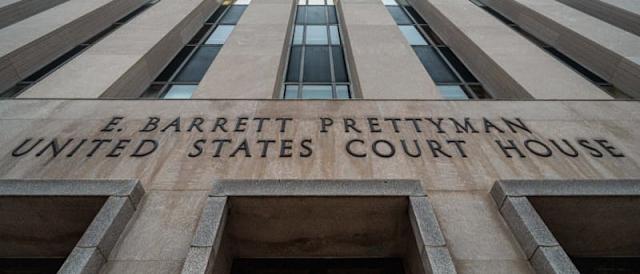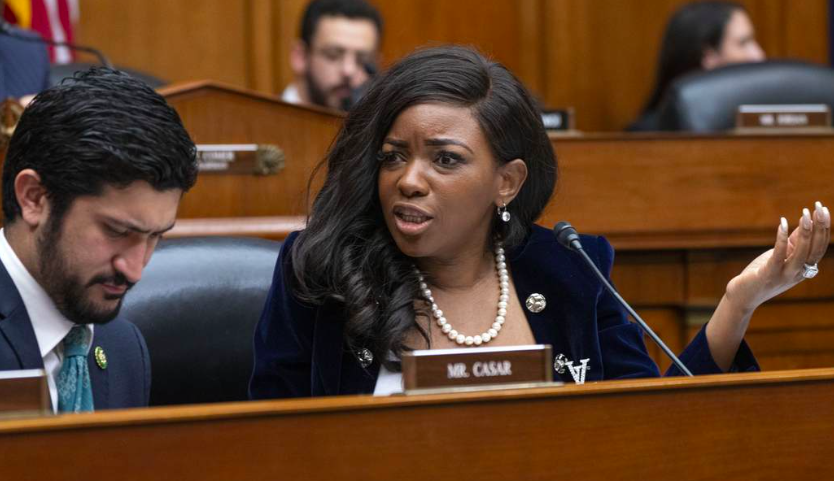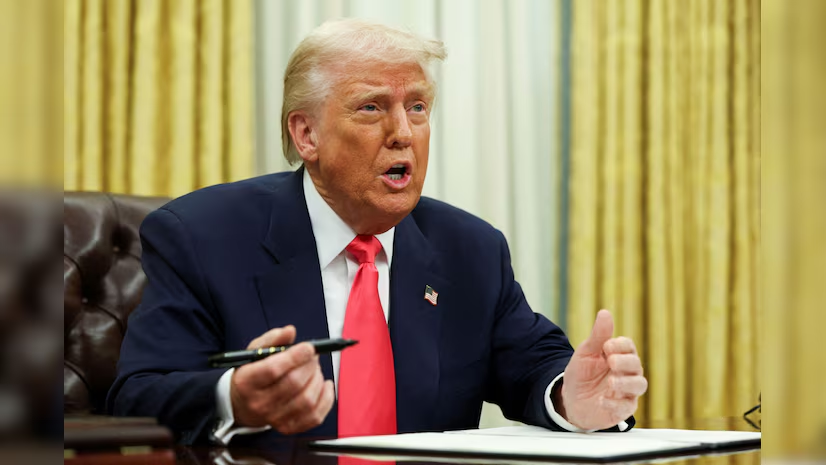Dem-Appointed Federal Judges Are The Big Losers At Supreme Court This Week
Democrat-appointed federal judges were dealt a decisive blow this week as the Supreme Court overturned or blocked several rulings issued by lower courts dominated by Biden and Obama-era appointees. In a string of high-profile decisions, the Supreme Court made clear that lower court activism, often driven by progressive ideology rather than constitutional principle, would not stand unchallenged at the nation’s highest judicial level.
“I think that the recent spate of Supreme Court decisions blocking lower court rulings against the Trump administration indicates that a majority of the justices are growing tired of district court judges issuing broad rulings, often in the form of nationwide injunctions, when they lack jurisdiction and are equally concerned about these judges ordering agencies to disburse millions, if not billions, of taxpayer dollars that will be impossible to recoup if the government ultimately prevails,” John Malcolm, director of the Meese Center for Legal and Judicial Studies at the Heritage Foundation, told the Daily Caller News Foundation.
One of the most significant reversals came in the case of FDA v. Alliance for Hippocratic Medicine, where the Biden administration attempted to dismiss a legal challenge to the Food and Drug Administration’s approval process for the abortion pill mifepristone. U.S. District Judge Matthew Kacsmaryk, a Trump appointee, initially ruled in favor of the pro-life plaintiffs, citing procedural and safety concerns. However, the Fifth Circuit partially blocked his ruling, while Democrat-appointed judges in the lower courts tried to dismiss the case entirely.
But the Supreme Court’s conservative majority appeared deeply skeptical of the Biden administration’s arguments, questioning the standing of the FDA to shut down legal scrutiny. The court’s posture signaled a rejection of the reflexive deference Democrat-appointed judges often show toward federal agencies, especially under progressive administrations.
In a separate decision, the justices issued a stay on an order from a Colorado judge that barred former President Donald Trump from appearing on the 2024 ballot under the Fourteenth Amendment. The lower court ruling, praised by left-wing commentators, was described by legal experts as “constitutionally flimsy” and “politically motivated.” The high court’s action made it clear that activist rulings targeting Trump would be met with firm constitutional guardrails.
The rebuke continued in the case of Murthy v. Missouri, involving allegations that the Biden administration colluded with Big Tech companies to censor dissenting voices during the COVID-19 pandemic. Democrat-appointed judges had attempted to downplay the evidence of government-coordinated censorship, dismissing First Amendment concerns raised by Republican state attorneys general. The Supreme Court’s decision to allow the lawsuit to proceed signaled its unwillingness to let partisan judicial activism suppress free speech.
Another major setback for Democrat-appointed judges occurred in the United States v. Rahimi case. While lower court judges appointed by Democrats were quick to support sweeping restrictions on gun rights, the Supreme Court’s conservative majority underscored the importance of interpreting the Second Amendment in line with historical precedent. Their decision questioned the constitutionality of firearm bans that lacked a clear tie to longstanding traditions, pushing back against the expansive regulatory interpretations favored by liberal judges.
Across each of these cases, the pattern was unmistakable: lower court rulings favoring progressive policies and narratives were blocked, reversed, or signaled for revision by the Supreme Court. This consistent judicial pushback underscored what conservative observers have long warned — that Democrat-appointed judges are too often guided by ideology rather than legal merit.
The rulings dealt a significant credibility blow to Biden’s federal bench appointments, many of whom have been criticized for lacking judicial restraint and applying partisan standards to high-stakes constitutional matters. Critics argue that these judges see their role not as neutral arbiters of the law but as instruments of political change. That approach continues to falter under scrutiny from a Supreme Court more committed to originalist and textualist interpretations.
According to the Daily Caller, Biden’s judicial appointees were reversed more than any others during the last Supreme Court term, revealing a troubling trend of judicial overreach and flawed reasoning from Democrat-controlled district courts. This trend, they report, has escalated as the Biden administration faces increased resistance from red states and conservative legal organizations pushing back against federal overreach.
The Daily Signal noted that in nearly every major case heard this week, rulings issued by Democrat-appointed judges were either halted or significantly narrowed. From immigration to gun rights, the Supreme Court’s message was consistent: lower courts must respect the limits of their authority and interpret the law, not legislate from the bench.
For many conservatives, this judicial reckoning is long overdue. Years of progressive activism within the judiciary have undermined public confidence in the rule of law and emboldened unelected judges to implement ideological agendas. These recent Supreme Court rulings mark a strong corrective, reinforcing the Constitution’s original framework and affirming the separation of powers.
As Biden-appointed judges continue to push the boundaries of constitutional interpretation, the Supreme Court’s response this week sends a strong message. The rule of law — not partisan ideology — must guide judicial decisions. And when lower courts fail in that duty, the Supreme Court stands ready to intervene.
The events of this week reflect a broader judicial realignment underway in America, one where constitutional conservatism is reasserting itself in the face of progressive legal overreach. For voters and legal professionals alike, the takeaway is clear: the judiciary is not a tool for political expediency — and those who try to use it as such may find themselves reversed, restrained, and rebuked at the nation’s highest court.





